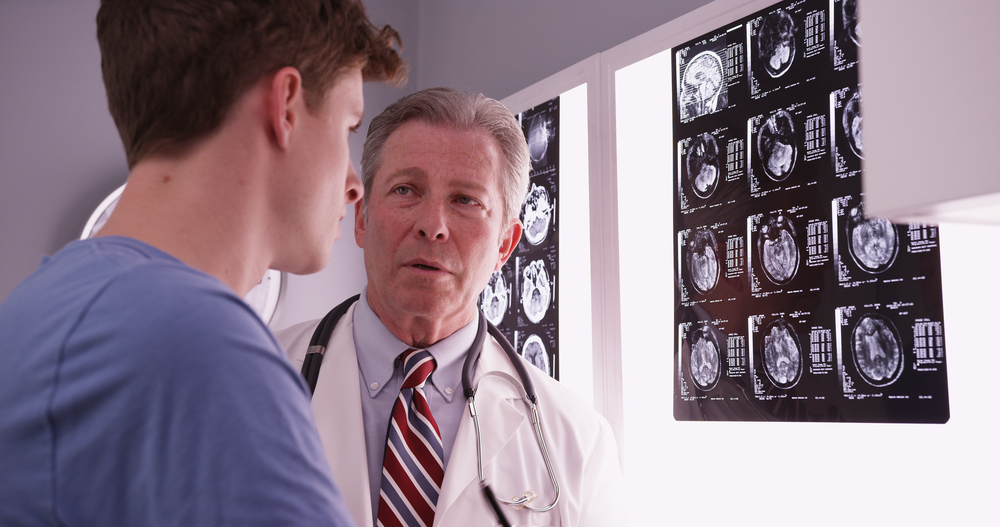
Brain injuries can mess up vision and how people process what they see. Concussions, strokes, and trauma to the brain can do this. Such injuries can cause blurred eyesight, double vision, and blind spots. They can also cause problems moving the eyes, headaches, and light sensitivity.
Neuro-optometric rehabilitation treats these vision issues after brain injury. It uses targeted eye exercises and special lenses. Neuro-optometric rehab is essential after brain injury. It helps the brain and eyes work together again.
Concussions, strokes, and trauma disrupt how they work together. With customized exercises and lenses, patients can regain vision function. The treatment can also reduce headaches and dizziness, improving how people function daily.
Evaluating Vision Problems After Brain Injury
A neuro-optometrist does a complete exam to find vision issues after brain injury. They check eye focusing, movement, depth perception, and coordination. They also map visual fields to uncover blind spots, helping them design a tailored rehabilitation program. A complete evaluation looks at all aspects of vision disrupted by the brain injury.
Eye Movement Exercises
It is common to have trouble tracking moving objects after a brain injury. Targeted exercises aim to retrain eye movement control. Patients follow a moving target with their eyes. Over time, it moves faster and in more than one direction, challenging the eyes and brain to coordinate better. The goal is to rebuild control of eye movements.
Eye Focusing Exercises
Brain injury can disrupt focusing near and far. Specific exercises retrain this ability. Patients look between targets at different distances. The distances get closer together to increase difficulty, thus improving the ability to change focus.
Eye Teaming Exercises
The eyes must work as a team for clear, comfortable vision. Brain injury can disrupt this, causing eyestrain or double vision. Certain exercises reestablish coordinated eye movements. Others have patients focus on a target while increasing awareness of peripheral images. This improves teamwork of both eyes. Retraining the eyes to work together again is very helpful.
Lens Therapies
Neuro-optometrists may prescribe special lenses. These include prism lenses for double vision and tinted lenses for light sensitivity. They improve visual comfort and function. Lenses are an essential part of customized rehabilitation.
The Rehab Journey
Rehab involves in-office and at-home exercises. Progress happens over weeks and months, so patience and consistency are key. With time, you can retrain and improve your vision. It helps your recovery and daily activities. Furthermore, repetition of eye exercises leads to gradual progress over time.
Benefits
Research shows this rehab after brain injury helps in the following ways:
- Reduces headaches
- Restores reading ability
- Eases light sensitivity
- Improves peripheral awareness
- Refines depth perception
- Boosts hand-eye coordination
- Improves concentration
- Quickens reaction time
Patients say eye exercises give a sense of control over recovery. Retraining vision is empowering. It helps patients regain function, independence, and quality of life. Many aspects of life improve with rehabilitated vision.
Conclusion
Neuro-optometric rehab is often necessary after concussions, strokes, and brain injuries. It helps reduce symptoms and improves function. With commitment over time, rehab helps patients recover after brain injury.
For more on neuro-optometric rehab, visit Holistic Vision. Our office is in Jenkintown, Pennsylvania. Call (267) 500-9600 to schedule an appointment today.








